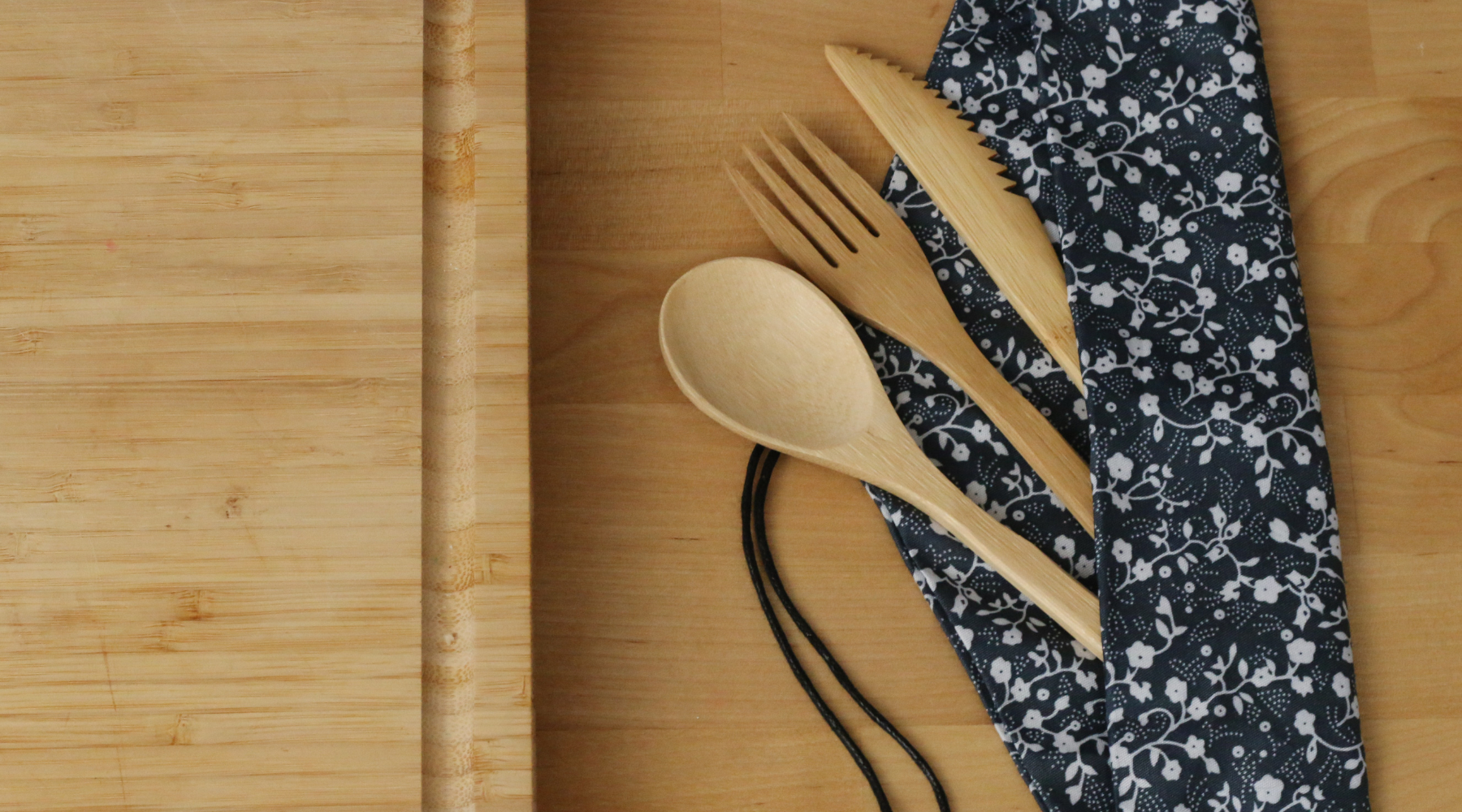The global commitment to saving our planet comes with treaties (The Paris Agreement is one example), government initiatives, company wide action plans, and heads meeting to find ways to make drastic changes.
And while all this is useful to know, we think it is even better when we can see instantly what countries are doing to make headway around packaging and plastic use.
Within England itself, it has just been announced that single use plastics is set to be banned. While this change has been moving slowly, with The Guardian reporting last week "figures suggest that every year England uses about 1.1bn single-use plates and 4.25bn pieces of such cutlery, only 10% of which are recycled after being used", it is still work in progress. This ban is set to affect restaurants, cafes or takeaways offering plastic plates, bowls and trays used for food and drink. However, it's yet to be seen what will happen to primary packaging in places like supermarkets and shops. It should be noted that within Wales and Scotland, the governments have already taken similar action.

In Ireland, they're tackling the problem by making it their mission recycle 50% of all plastic packaging by 2025. In fact, they're going one step further and have announced that by 2030 they'd like it to be 55%. The European Commission driving this change have explained that "about two-thirds of plastic waste comes from packaging". Two thirds! It's an astounding number.
Heading towards the EU, there's some even more exciting trends underway. Belgium is one example of a country setting the right tone. Back in late 2021 the Brussels Times reported that there was a royal decree approved by the Council of Ministers to gradually bans single-use plastics from the Belgian market. As an example, they introduced a ban on all single use lightweight plastic bags that aren't reusable, with the exception of those used for purposes such as security measures in airports. Clever huh! And it doesn't stop there. 2023 and 2024 will see more plastics banned in Belgium, and other items being labelled to show the amount of plastic contained and its environmental impact.
But Belgium has gone one step further. The Belgian Packaging Act applies to companies that market packaging for products used by households. "It consists of three sections: 1. Obligation to take back: every year, entrepreneurs must achieve a set percentage of recycling. This means you need to ensure your packaging is recycled; 2. Obligation to inform: as a company, you must inform the Interregional Packaging Commission (IVC) what percentage of your plastic is recycled and which sort of packaging you’ve used; and 3. Three-year prevention plan: Companies that bring more than 300 tons of packaging into Belgium are obliged to draw up a prevention plan. Belguim truly is tackling the plastic pollution problem."
All across the EU in various stages, single use plastics are being removed. Germany, like Belgium, banned plastic cutlery, straws, stirrers, beverage containers/cups made of expanded polystyrene and more, well before the UK.
While change is slow, it is imminent. And it's important to be thinking about all of this as you eco-proof your business (our version of future proofing). Essentially, it's likely we will see these bans introduced across all facets of packaging. It's just a matter of time - and hopefully sooner rather than later.
And on that note, what is happening right now in the way of initiatives in your local area? Do you know of some particularly innovative solutions popping up? We would love to hear from you.
Do get in touch if we can help you with future proofing your business' packaging!

Resources:
Read more on REPAK'S PLASTIC PLEDGE.
Article in The Guardian
Article in Brussels Times
More on Belgium's plans to reduce plastic use.
Gov.uk on the plastic ban



Share:
New, or perhaps not-so-new, environmental trends in packaging
6 postal, packaging and printing tips for new businesses